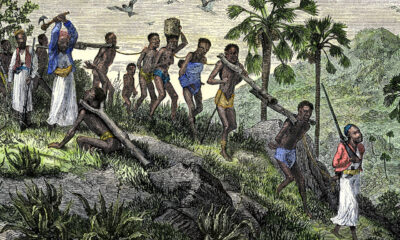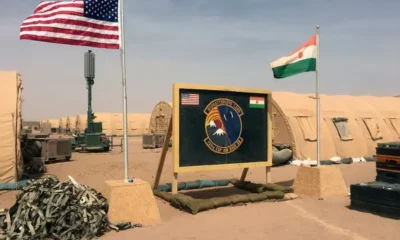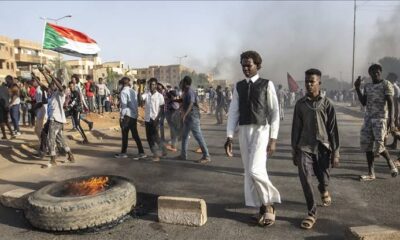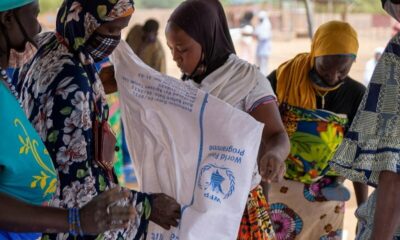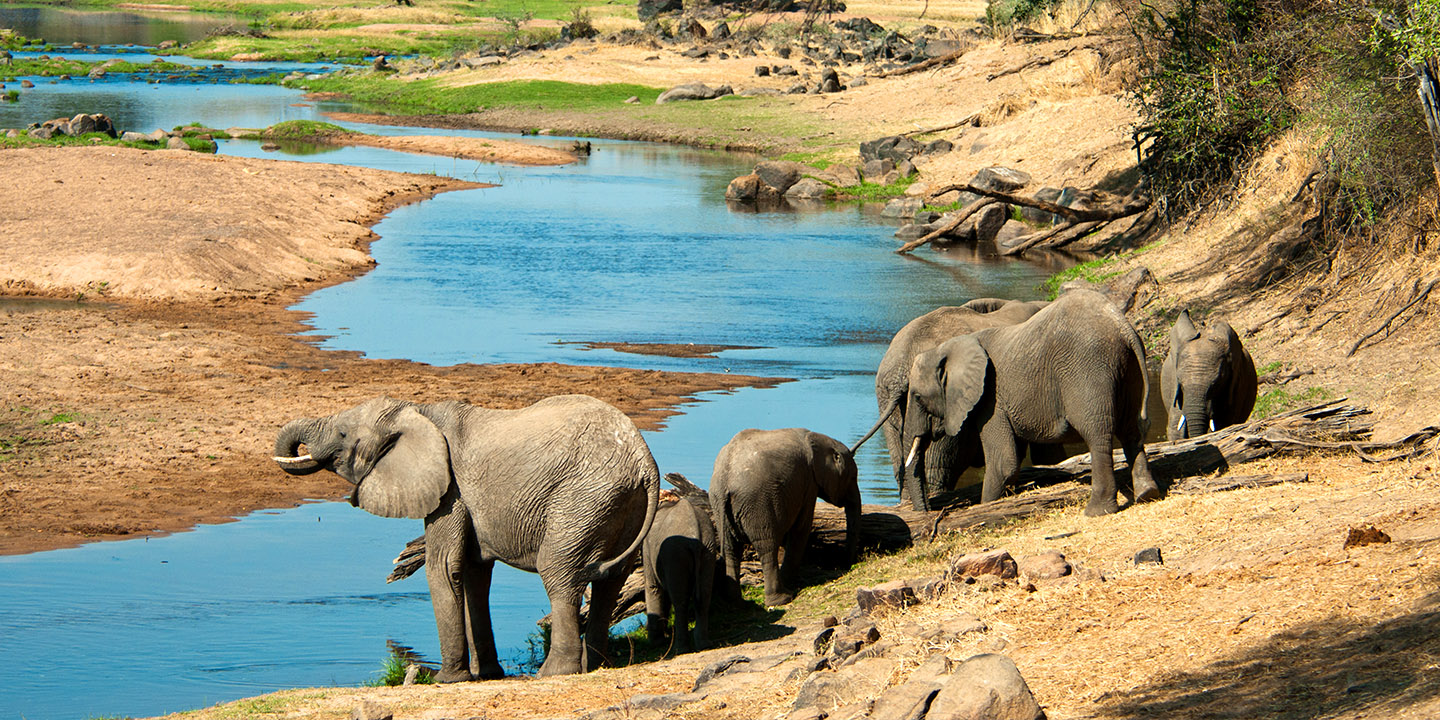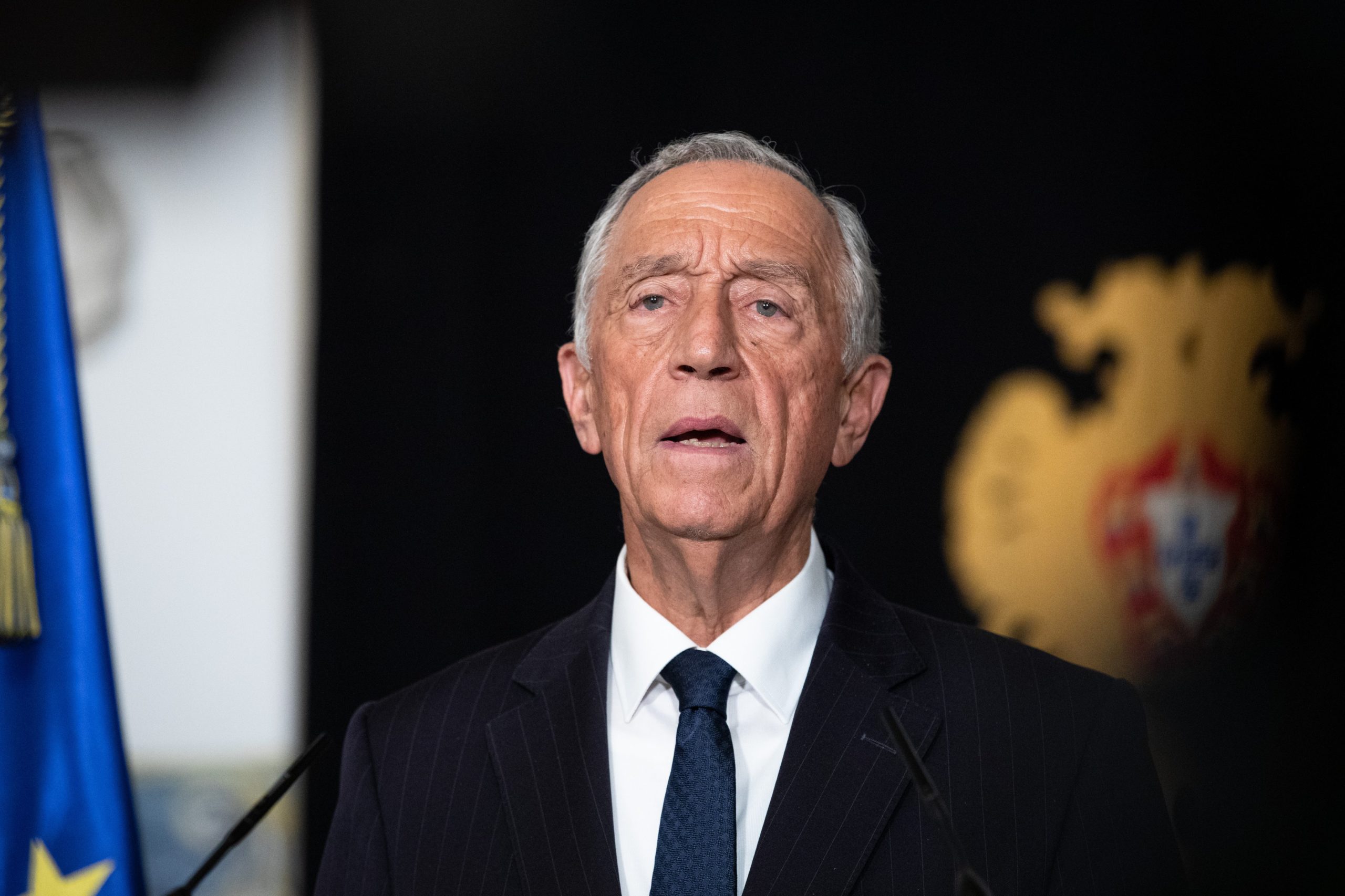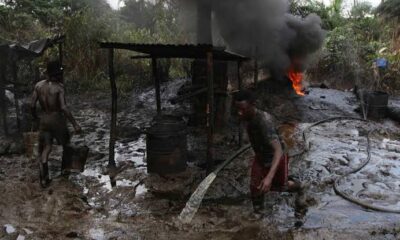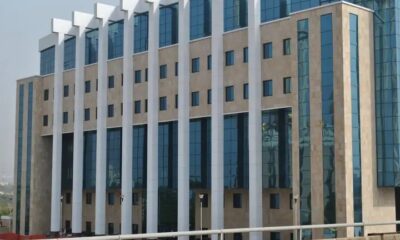Following Washington’s objection to a military incursion into the southern Gaza city of Rafah on its border with Egypt, Egypt’s foreign minister argued on Monday that the United States ought to explain to Israel the consequences of doing so.
Foreign Minister Sameh Shoukry said this while speaking with United Nations chief for Relief and Works Agency for Palestine Refugees (UNRWA), Philippe Lazzarini, in Cairo.
He said, “It is not enough for rhetoric, it is not enough to state opposition, it is also important to indicate what if that position is circumvented, what if that position is not respected.
“It is also up to the international community and the United States, who have indicated their refusal to such an eventuality, to make clear what are the consequences if their appeals are not heeded,” Shoukry added in English-language remarks.
After more than five months of fighting, Israeli Prime Minister Benjamin Netanyahu reiterated during a cabinet meeting on Sunday that Israeli forces would advance into Rafah, the last mostly safe area in the small, densely populated Gaza Strip, despite international demands for Israel to prevent civilian losses.
Netanyahu is under intense pressure from Israel’s allies not to assault Rafah without a strategy to safeguard civilians, as over a million displaced Palestinians from other areas of the destroyed enclave have taken refuge there.
More than a million Palestinians have fled into Rafah as part of an offensive that has destroyed the majority of the Gaza Strip since Hamas terrorists attacked Israel on October 7. Israel has declared that it will carry out its ground offensive into Rafah.
The International Court of Justice (ICJ) ordered Israel to take all reasonable measures to prevent its troops from committing genocide against Palestinians in Gaza last month in response to a lawsuit filed by South Africa.
He also warned that the humanitarian consequences and the loss of lives that would result from an Israeli ground assault on Rafah would be “catastrophic”.
Egypt, which controls the Rafah gate, the hub of operations to get humanitarian aid into Gaza and for the expulsion of injured individuals and holders of foreign passports, has already issued warnings about the “dire consequences” of a possible Israeli military assault close to its border.
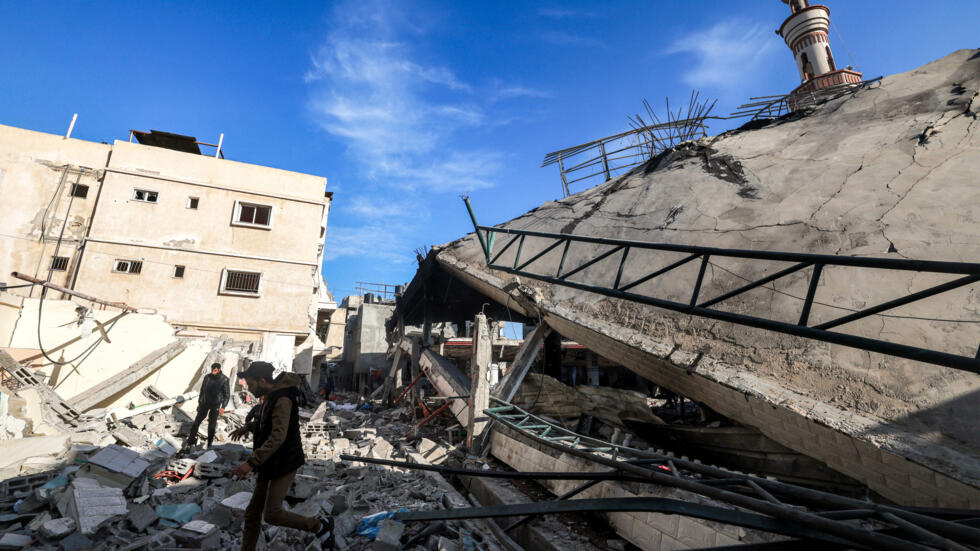

 Culture2 days ago
Culture2 days ago
 Tech2 days ago
Tech2 days ago
 Metro20 hours ago
Metro20 hours ago
 Sports19 hours ago
Sports19 hours ago



